Transferring Money to the UK MoveHub

Money Transfer Guide Tips and Advice for Sending Money Abroad
Tax Implications of Transferring Money to the UK. Billions of pounds in commercial and personal money transfers move through the UK every day. In 2020, the inflow of personal remittances alone was worth 0.1% of GDP. However, funds may be income, savings, sales, deposits, dividends, royalties, gifts, or inheritances, but they all have one thing.
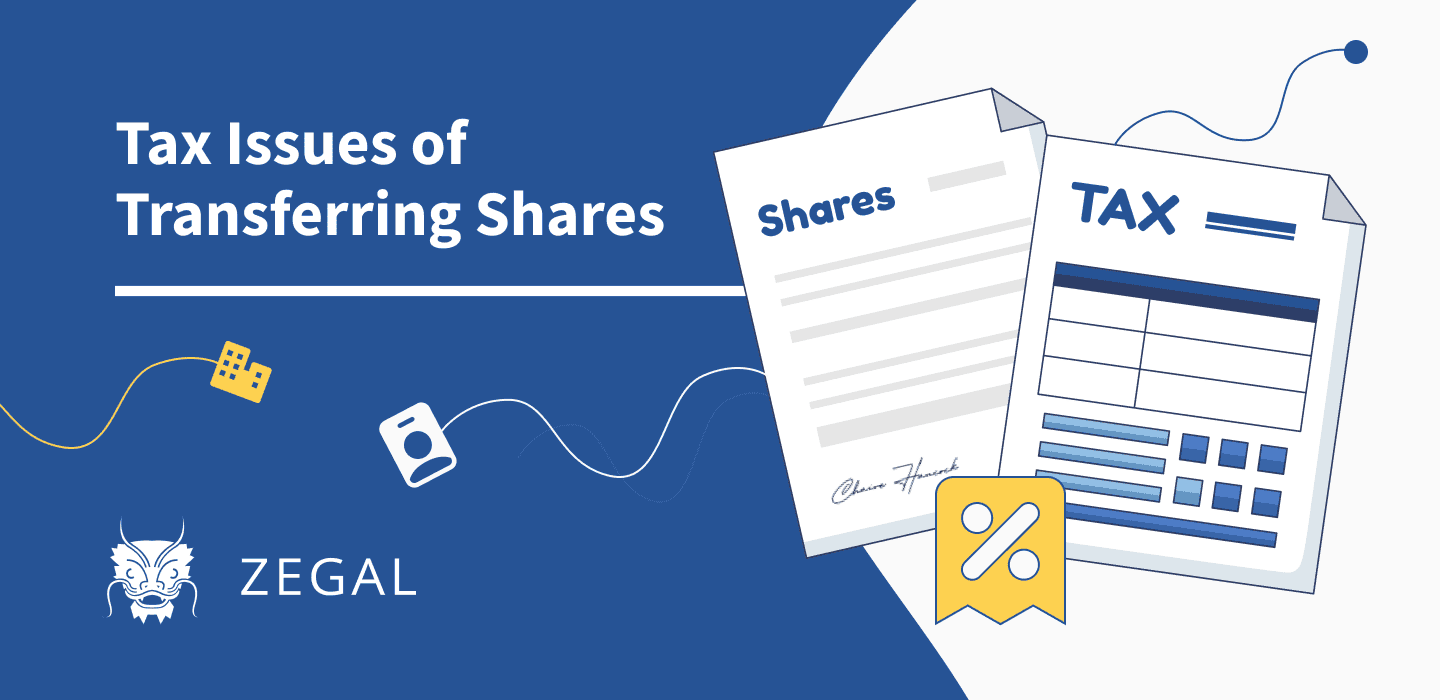
Tax issues of transferring shares Zegal
Paying tax if you come back to the UK after living abroad - tax status, temporary residence, tax if you return to the UK within 5 years, tax returns, National Insurance
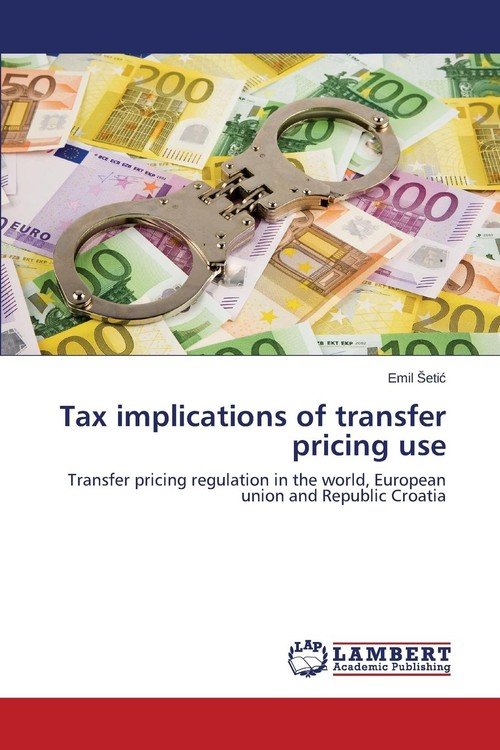
Tax Implications of Transfer Pricing Use Eti Książka w Sklepie
Yes. No matter where you're from, if you're receiving more than $10,000 in the US, you'll need to abide by US laws put in place to both protect both your money and the interests of the government. By law, banks report all cash transactions that exceed $10,000 — the international money transfer reporting limit set by the IRS.
.jpg)
Know the tax implications of sending an international money transfer
It's likely that you'll need to file a form with the IRS after transferring a large amount of money to the UK. Anyone who gifts more than $17,000, has a foreign account with a value of $10,000 or more or transacts business totalling more than $10,000 in a year may need to file remittances with the IRS. Shaving a couple of dollars off your.
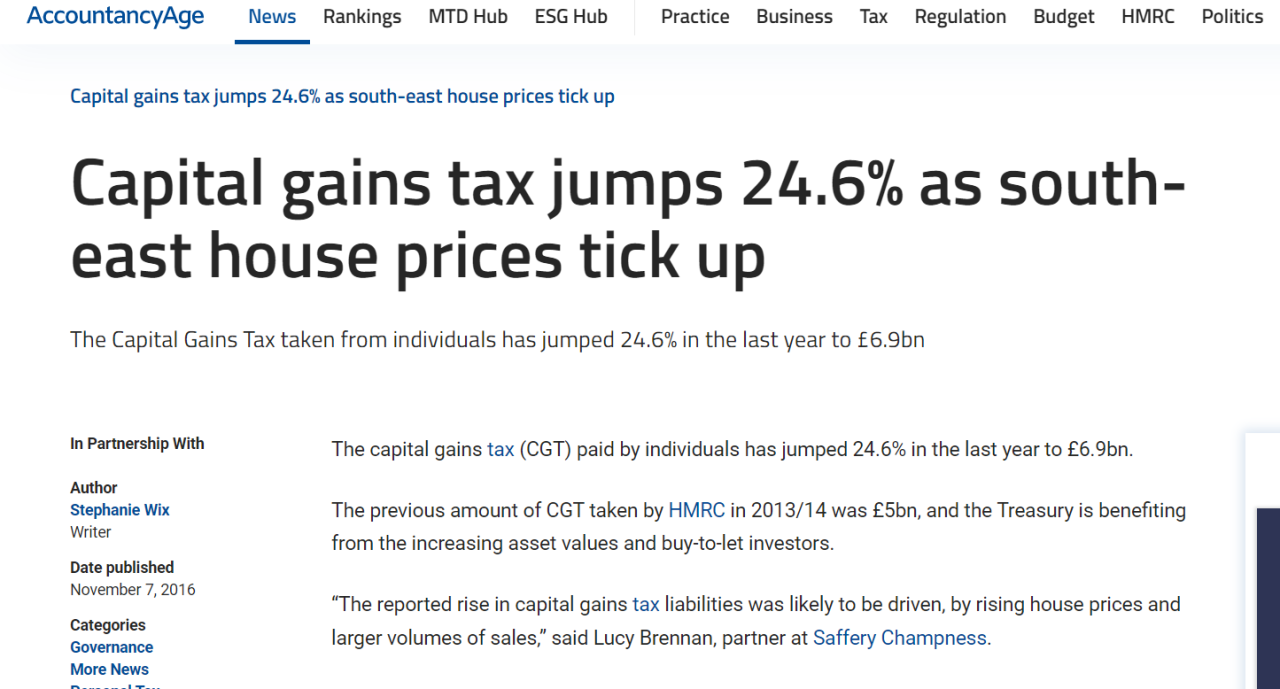
Tax implications of transferring assets between spouses
Tax implications of transferring money to the UK. UK residence and tax: Your residence status in the UK is the deciding factor in whether your foreign income is taxable or not. Non-residents' overseas income is not taxable; they only pay tax on their income in the UK.

What are the tax implications of transferring property assets into a
Though you're technically surpassing the annual exclusion of 16,000 USD by 2,000 USD per person, you can use the lifetime gift tax exemption to not owe tax. Instead, you'd deduct 10,000 USD from your lifetime tax-free limit. In other words, five times the 2,000 USD you exceeded per person limit.

What are the tax consequences of transferring Property to your spouse
Learn about the tax implications of international money transfers. Understand key considerations and avoid legal issues with expert advice. You are in. DNBC Financial Group . Global . Canada Hong Kong +65 6572 8885 . Canada Hong Kong. DNBCnet. International money transfers to the UK.

How To Make Online Money Transfer Business Make Cash From Home Uk
The general rule of thumb is quite simple - if the money being transferred from overseas to the UK is part of your existing assets then there should be no tax implications of transferring money to the UK. If the money being transferred is regarded as overseas income then you likely will have to pay tax if you are regarded as a UK resident.

Tax Implications of Stock Market Investments & Trading in India
This international money transfer service lets you wire a minimum of $10 and a maximum of $2,999 in the app and $10,000 in a retail store from the US to select countries across the globe. This limit, however, depends on the recipient's country and your preferred delivery method.

Tax Implications Of Transferring Property Into A Trust The Hive Law
Tax Implications of Transferring Money to the UK. Navigate the tax implications of transferring money to the UK. Understand factors like residency status, income, savings, country source of funds, remittances basis, inheritance tax, and fund repatriation. Gain insights into money transfers from different countries and arm yourself with valuable.
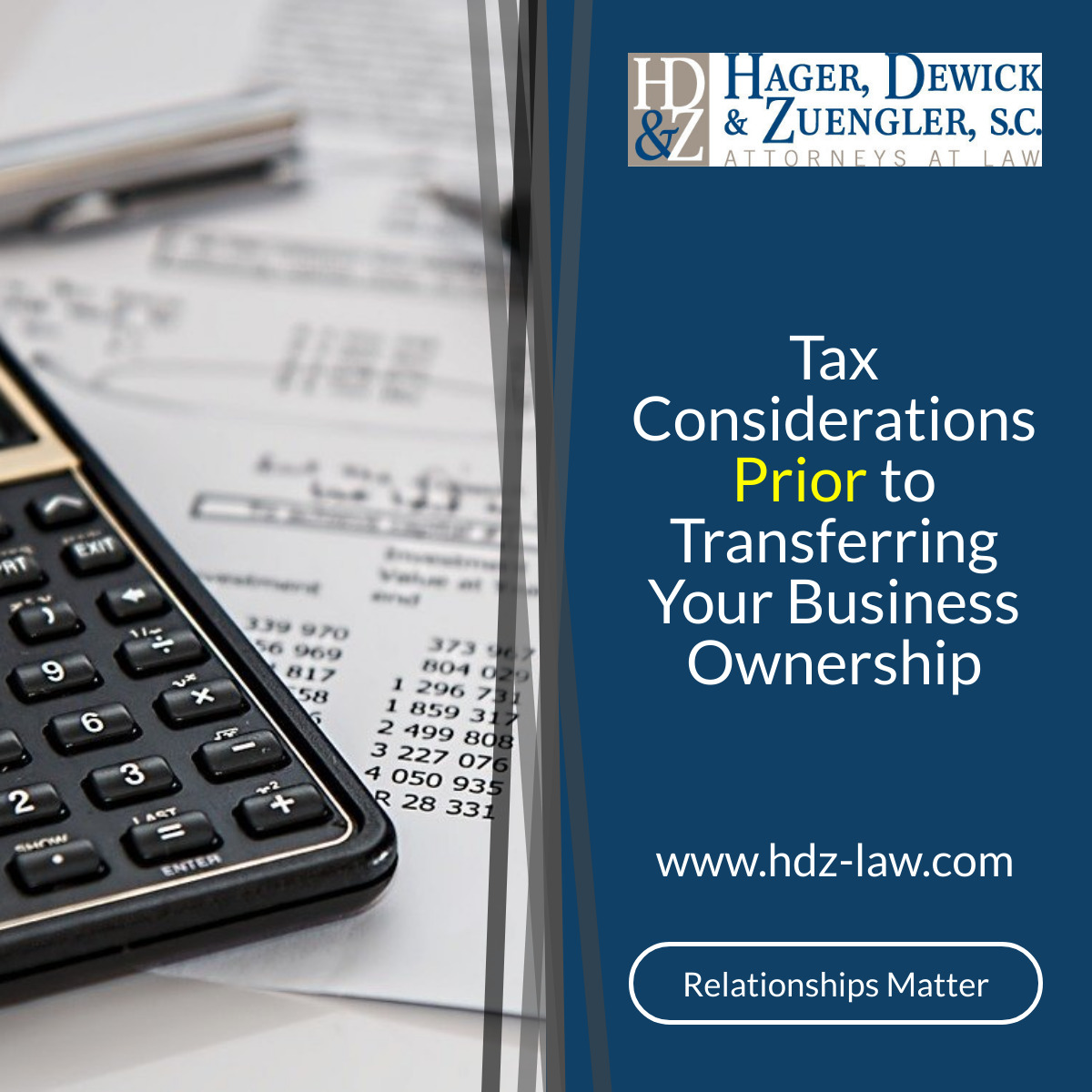
Tax Considerations Prior to Transferring Your Business Ownership
International bank transfer. Transferring large sums of money between bank accounts internationally usually involves a wire transfer (aka an electronic funds transfer) administered by the bank itself. To complete a wire transfer, you must typically: 4. Navigate to your bank's wire transfer section.

The tax implications of transferring assets between spouses YouTube
What are the tax implications on both the inheritance and on the transfer of money into the UK, and on the money that will be donated to my son? I am already the part-owner of a house in London.

What are the tax implications of international money transfers? Money
Once you have been in the UK for more than 12 out of 14 years, the remittance basis charge increases to £50,000. For the 2014-15 tax year, this will increase to £60,000 per year, and a new.
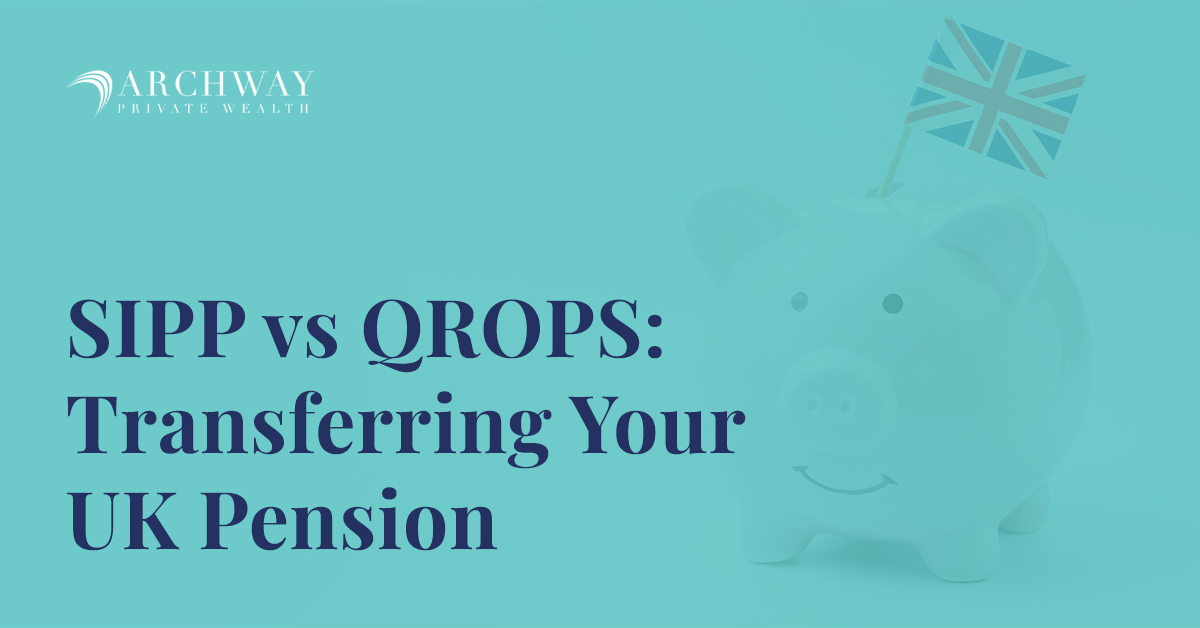
SIPP vs QROPS Transferring UK Pensions Archway Private Wealth LLC
The tax implications of transferring money to the UK can be a minefield. Our guide explains what your overseas income means for your taxes 10 July 2023 • 4:41pm
/taxes-increase-636251470-5a7b1367a18d9e0036f31d2c.jpg)
Kesan Ekstrim Kes Cukai Pendapatan terhadap Pertumbuhan Ekonomi
There are several tax tiers in the UK: Personal Allowance: Income up to £12,570 isn't taxed. Basic Rate: Income from £12,571 to £50,270 is taxed at 20%. Higher Rate: Income from £50,271 to £125,140 is taxed at 40%. Additional Rate: Income of £125,141 or greater is taxed at 45%.

What is BC Property Transfer Tax Everything You Need to Know
This money can be transferred to the UK free of charge (albeit impossible in some circumstances - see notes below). All these categories are organised by tax year. Meaning that income and capital for the current tax year (2022/23) will be separate to the 2021-22 tax year, 2020-21 tax year and so on. Unfortunately, now that we have identified.